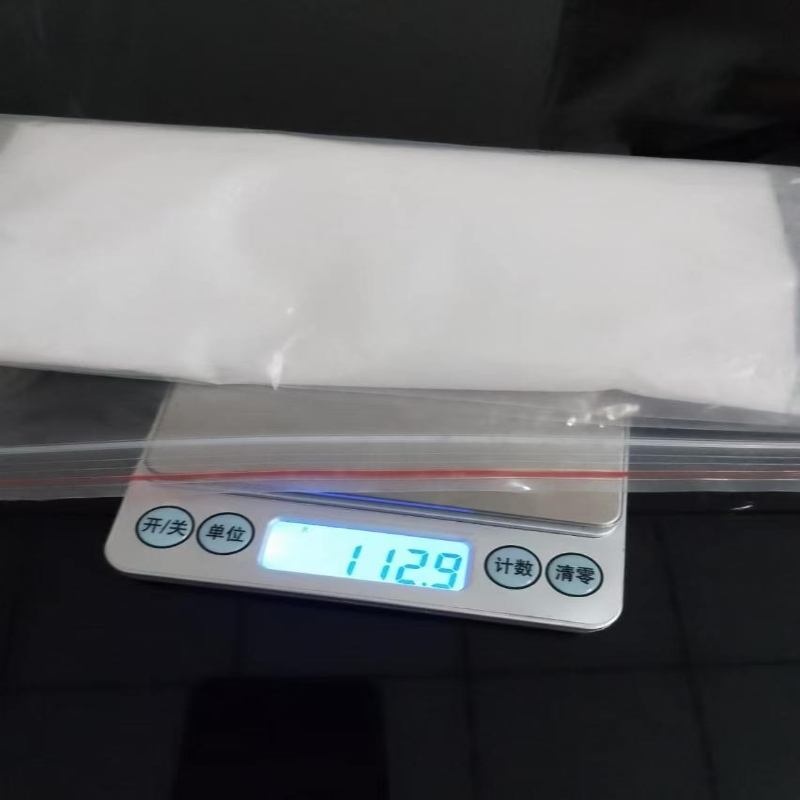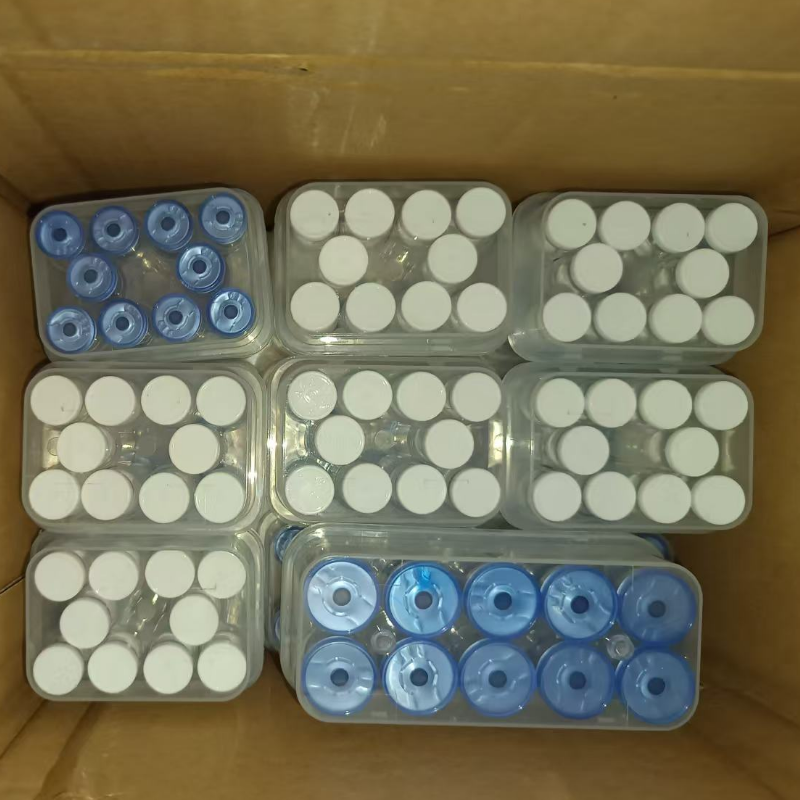-
Categories
-
Pharmaceutical Intermediates
-
Active Pharmaceutical Ingredients
-
Food Additives
- Industrial Coatings
- Agrochemicals
- Dyes and Pigments
- Surfactant
- Flavors and Fragrances
- Chemical Reagents
- Catalyst and Auxiliary
- Natural Products
- Inorganic Chemistry
-
Organic Chemistry
-
Biochemical Engineering
- Analytical Chemistry
-
Cosmetic Ingredient
- Water Treatment Chemical
-
Pharmaceutical Intermediates
Promotion
ECHEMI Mall
Wholesale
Weekly Price
Exhibition
News
-
Trade Service
Infliximab is a chimeric monoclonal antibody that binds to tumor necrosis factor-alpha (TNF-alpha) and is approved for the treatment of a variety of inflammatory conditions, including Crohn's disease, ulcerative colitis, and rheumatoid arthritis.
In addition to its therapeutic uses, infliximab has also found applications in the chemical industry.
Here are some examples of how infliximab is used in the chemical industry:
- Bioprocessing: Infliximab is used in bioprocessing to removes unwanted contaminants from biological samples.
For example, it can be used to remove TNF-alpha from cell culture supernatants, which can improve the yield and purity of recombinant proteins.
It can also be used to remove TNF-alpha from serum or plasma samples, which can be used in downstream applications such as ELISA or Western blot analysis. - Fungal protection: Infliximab has been shown to protect fungal crops from fungal pathogens.
For example, it can be used to prevent gray mold (Botrytis cinerea) from infecting grapes and other fruits.
This can be achieved by applying infliximab to the plants or by adding it to the growth medium. - Chromatography: Infliximab can be used in chromatography to purify proteins.
For example, it can be used to purify recombinant proteins that are expressed in E.
coli, by capturing the protein on infliximab-coated beads and then eluting it with a low pH buffer. - Catalysis: Infliximab can be used as a catalyst for various chemical reactions.
For example, it can be used to catalyze the oxidation of alcohols to aldehydes, the dehydrogenation of alcohols to alkenes, and the condensation of amines and acids. - Sensors: Infliximab can be used to create selective sensors for various analytes.
For example, it can be used to create a sensor for TNF-alpha, which can be used to monitor the levels of this cytokine in biological samples.
In conclusion, infliximab has found a variety of applications in the chemical industry due to its ability to bind to TNF-alpha.
Its ability to remove contaminants from biological samples, protect fungal crops from pathogens, purify proteins, catalyze chemical reactions and create selective sensors, make it a versatile tool for use in different areas of the chemical industry.
However, it is important to note that the use of infliximab in the chemical industry is still in its early stages and more research is needed to fully understand its potential and to develop new applications.







